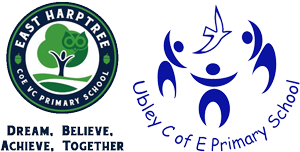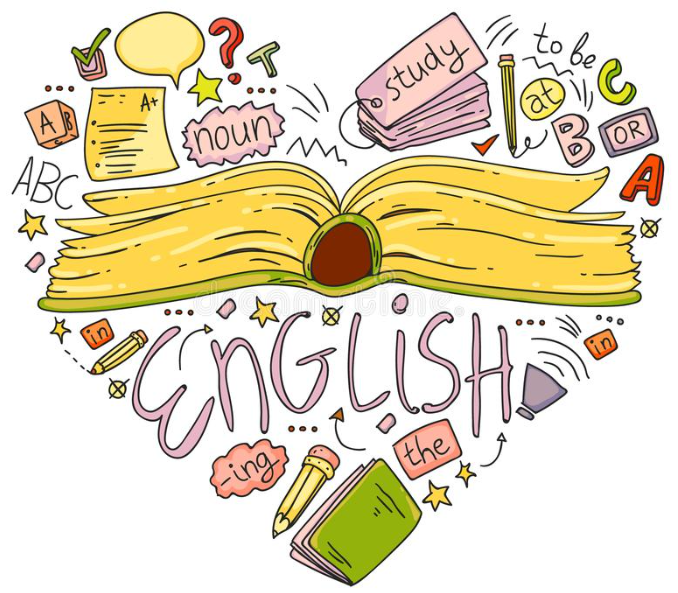English
Intent
At East Harptree and Ubley, our English curriculum is designed to engage and excite pupils, drawing them into the world of literature and language. With literature at its core, children are immersed in texts from a wide range of genres, cultures and backgrounds, and from these, children are taught the skills required to write for a range of purposes and audiences, whilst finding their own style and voice. Our curriculum teaches pupils to speak and write fluently so that they can communicate their ideas and emotions to others, and through their reading and listening, others can communicate with them. Through reading in particular, pupils have a chance to develop culturally, emotionally, intellectually, socially and spiritually. Literature, especially, plays a key role in such development. Our reading curriculum enables pupils both to acquire knowledge, and to build on what they already know. All the skills of language are essential to participating fully as a member of society; pupils who do not learn to speak, read and write fluently and confidently are effectively disenfranchised. Equipped with these skills, our children really can ‘dream, believe, achieve, together’ and become ‘caring, capable and confident’ members of society.
Our curriculum allows children to:
- Read widely and often, easily, fluently and with good understanding
- Acquire a wide vocabulary, and understanding of grammar
- Appreciate our rich and varied literary heritage
- Write clearly, accurately and coherently, adapting to fit a range of contexts, purposes and audiences
- Be competent in the arts of speaking and listening.
Implementation
In writing, our curriculum is designed so that children have the opportunity to learn new skills whilst revisiting what they already know, enabling them to know more and remember more. To create children who can write with confidence and purpose, we teach efficient handwriting, accurate spelling and appropriate sentence structure from the early years, as we believe that children who are too focussed on their transcription cannot focus on their composition. We teach grammar in discrete lessons and interwoven through our writing units. This allows children to secure their understanding, whilst also being provided with appropriate contexts for its application. Children will frequently revisit their learning as they progress through school, allowing their understanding of grammar to become deeper and wider.
In reading, children are exposed to high-quality literature from the start. They will read a range of fiction and non-fiction, allowing them to make connections between other books they have read, their wider lives, other curriculum areas and global history. Through our whole class guided reading approach, we use teaching strategies such as modelling and echo reading, so children are able to develop their fluency skills whilst the focus shifts from decoding to analysis. Pupils are able to question what they have read with confidence as they are equipped with the vocabulary knowledge to do so. We believe strongly in promoting reading for pleasure through reading awards, assemblies, world book day, and staff book recommendations.
All children in Reception and Key Stage One receive daily phonics teaching. We use the Read Write Inc reading scheme. If children entering Key Stage Two still need support with their phonics, we put carefully targeted 'catch-up' teaching in place.
Please find the link to our RWI Phonics information page here.

